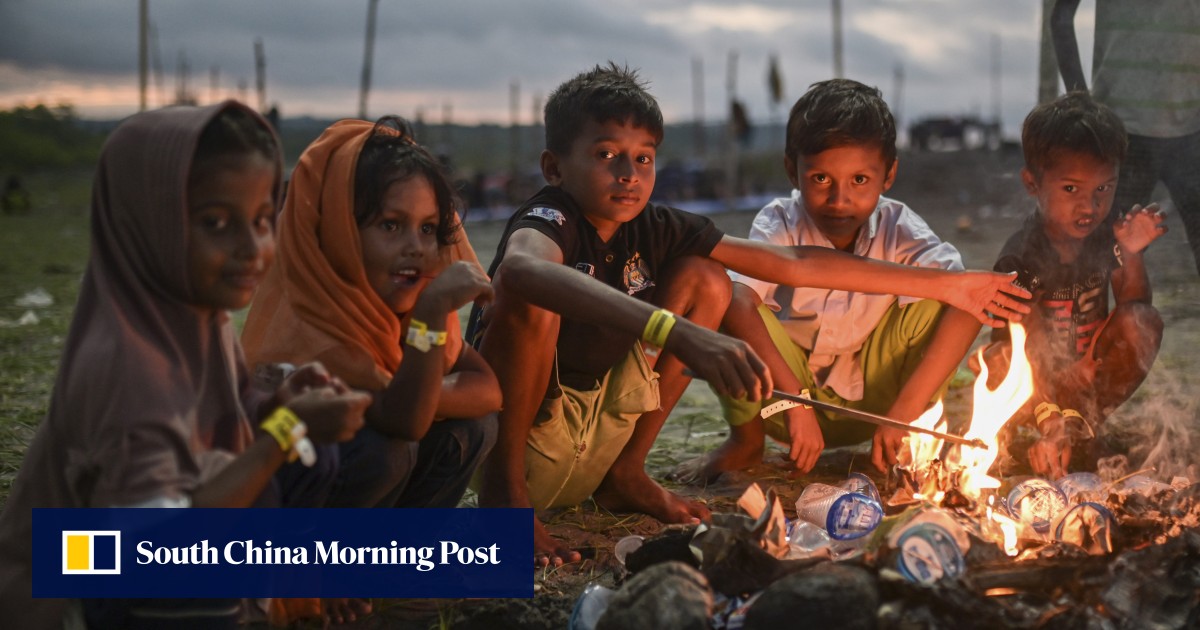They wanted to help, but they also wanted to live.
Since November, more than 1,500 Rohingya refugees fleeing Bangladesh by boat have landed in Indonesia’s northern province of Aceh – three-quarters of them women and children. On Thursday, Indonesian authorities spotted another five boats approaching Aceh’s coast.
With so many Rohingya attempting the crossing in recent weeks, nobody knows how many boats did not make it, and how many people died.
This account of two boats was told to Associated Press by five survivors from the vessel that made it ashore. It provides the first clues into the fate of the boat carrying up to 200 Rohingya refugees that vanished weeks ago.
On December 2, the United Nations refugee agency, the UNHCR, put out an urgent message about the two distressed boats and urged countries to look for them.
But in the case of the boat that remains missing, it appears no one searched.
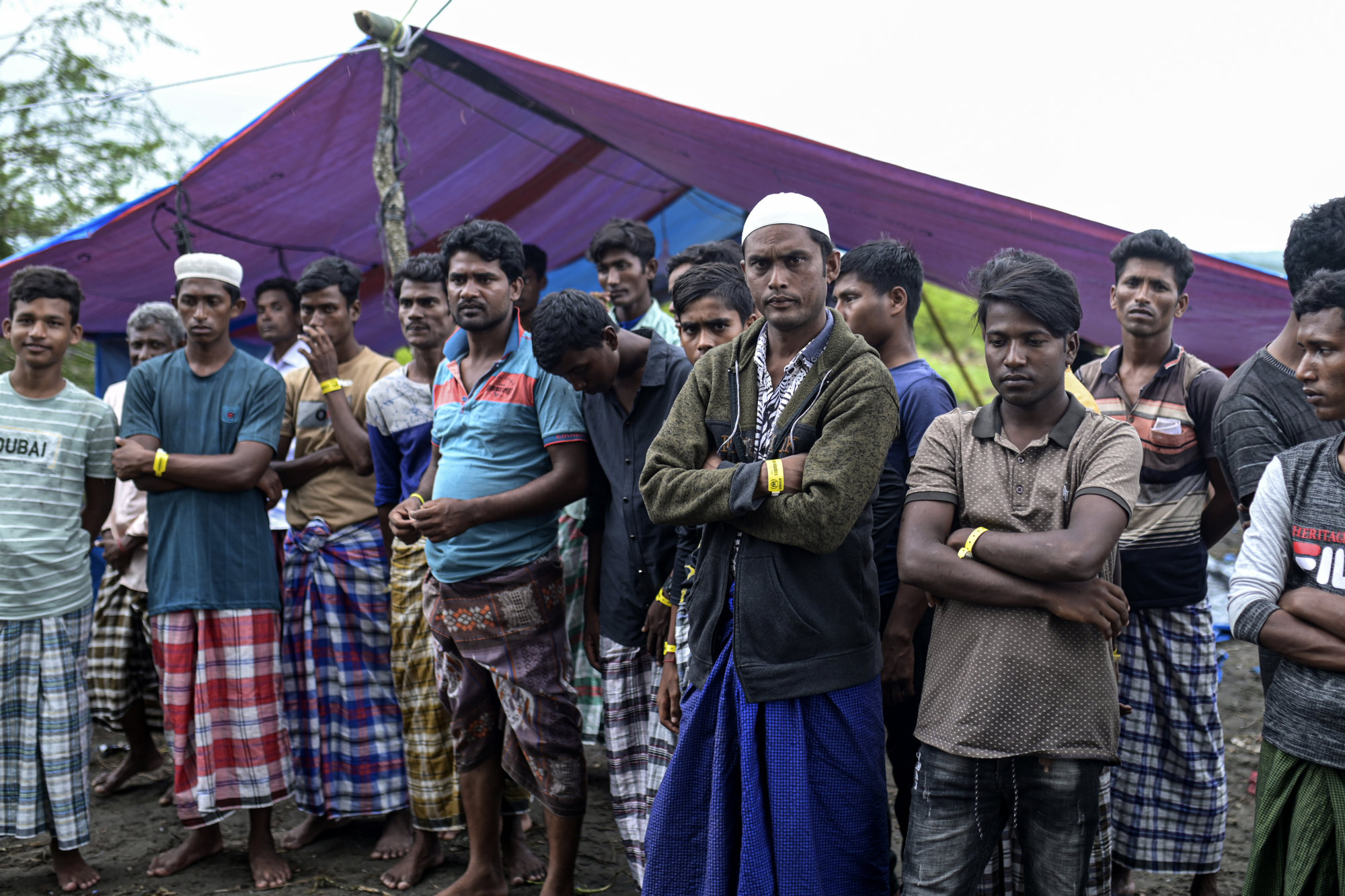
From a beach near where they staggered ashore on December 10, the survivors told Associated Press of their harrowing journey.
“I remember feeling that together, we would be finished. Together, we would sink. Together, we would drown,” says 31-year-old Muhammed Jubair, who was among the 180 people on his boat to be rescued, along with his three children, wife and brother-in-law.
The story of the missing boat and its passengers begins the way most Rohingya boat journeys do – with tearful goodbyes in sweltering shelters in the camps of Bangladesh, where more than 750,000 Rohingya fled in 2017 following attacks by the military in their homeland of Myanmar.
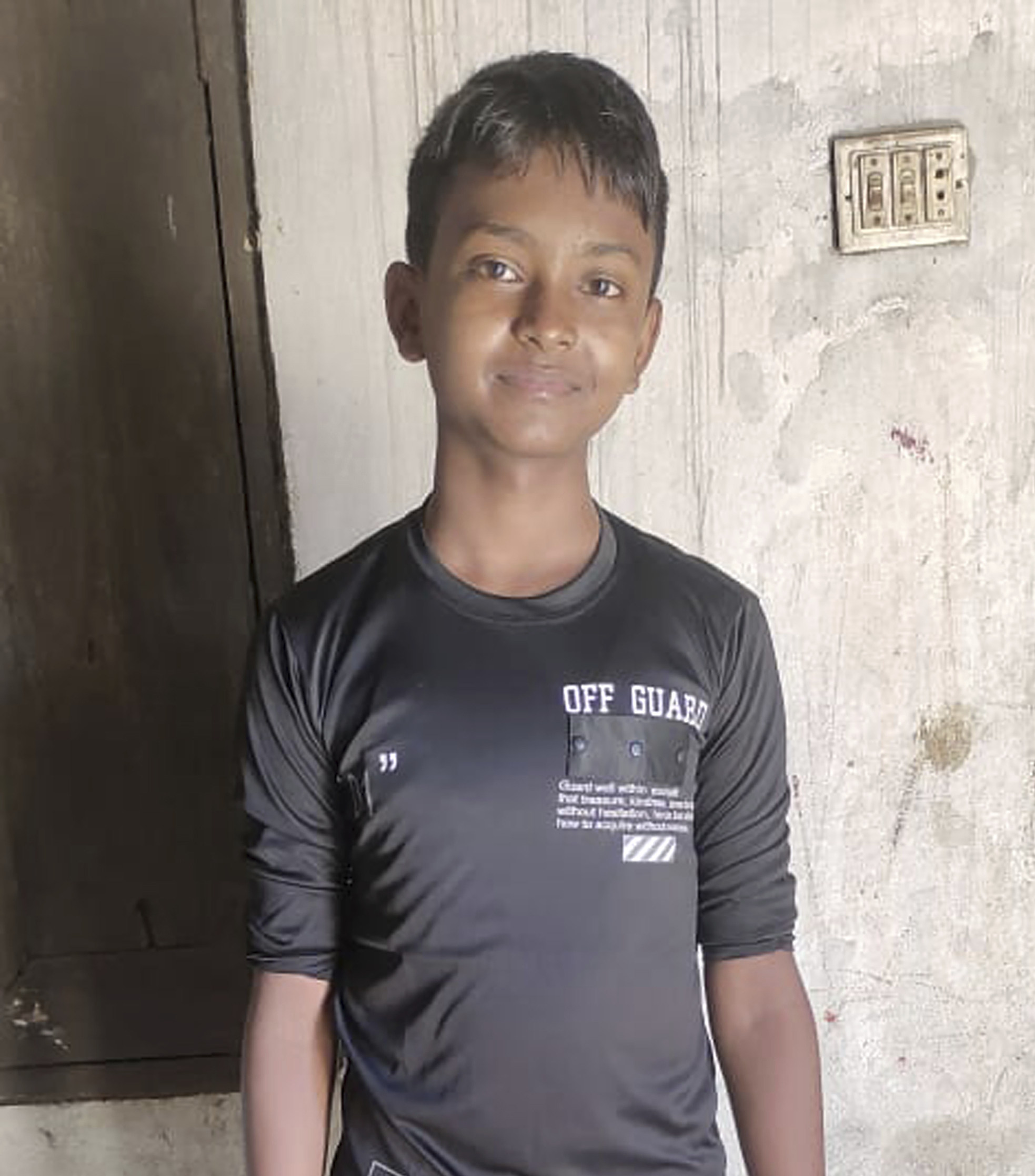
In one of those shelters, Noor Fatima clutched her 14-year-old brother, Muhammed Ansar, as he began to cry.
The family hoped Ansar would get a job in Indonesia that could help support them. There were few alternatives: Bangladesh bans camp residents from working, so their survival depends on food rations, which were slashed this year.
It was November 20, and Ansar would be making the trip with several relatives, including his 20-year-old cousin, Samira Khatun, and her three-year-old son. As her brother left, Fatima told herself other boats had made it safely to Indonesia. Surely his would, too.
The next day, Samira called Fatima’s family, telling them they were aboard the boat. “We are on our way,” she said. “Pray for us.”

Meanwhile, the boat Jubair and his family were on was chugging across the sea.
Days into its journey, the passengers on Jubair’s boat spotted Ansar and Samira’s boat; its engine was broken and water was seeping in.
Those on Jubair’s boat worried if they got too close, the people on the ailing vessel would jump onto their boat, sinking them all, says one of Jubair’s fellow passengers, Rujinah, who goes by one name and was on board with five of her children.
As Jubair’s boat drew nearer, between 20 and 30 people began preparing to make the jump, says Zakir Hussain, another passenger.
The captain of Jubair’s boat shouted at those on the distressed vessel to stay put. Then he asked for a rope so he could tie the boats together, and tow their boat behind his.
Once tethered, the boats began moving through the water. Then, two or three nights later, a storm erupted. Pounding waves destroyed the engine on Jubair’s vessel.
‘I feel trapped’: Rohingya girls forced into abusive marriages in Malaysia
‘I feel trapped’: Rohingya girls forced into abusive marriages in Malaysia
It was then, the passengers on Jubair’s boat say, that the ropes between the two vessels were severed.
Jubair could hear the passengers on the other boat pleading for their lives.
“They were crying and shouting loudly, ‘Our ropes are broken! Our ropes are broken! Please help us!’ But how could we help?” Jubair says. “We would die with them.”
The other boat vanished from view.
For days, Jubair and his fellow passengers languished at sea, their food and water gone. Eventually, a plane spotted them, and a navy ship arrived, delivering supplies. The vessel towed them into Indonesian waters and then left when their boat was close to land.
That’s when their captain and another crew member fled the vessel on a fishing boat, Jubair says. The abandoned passengers guided their battered boat to shore.
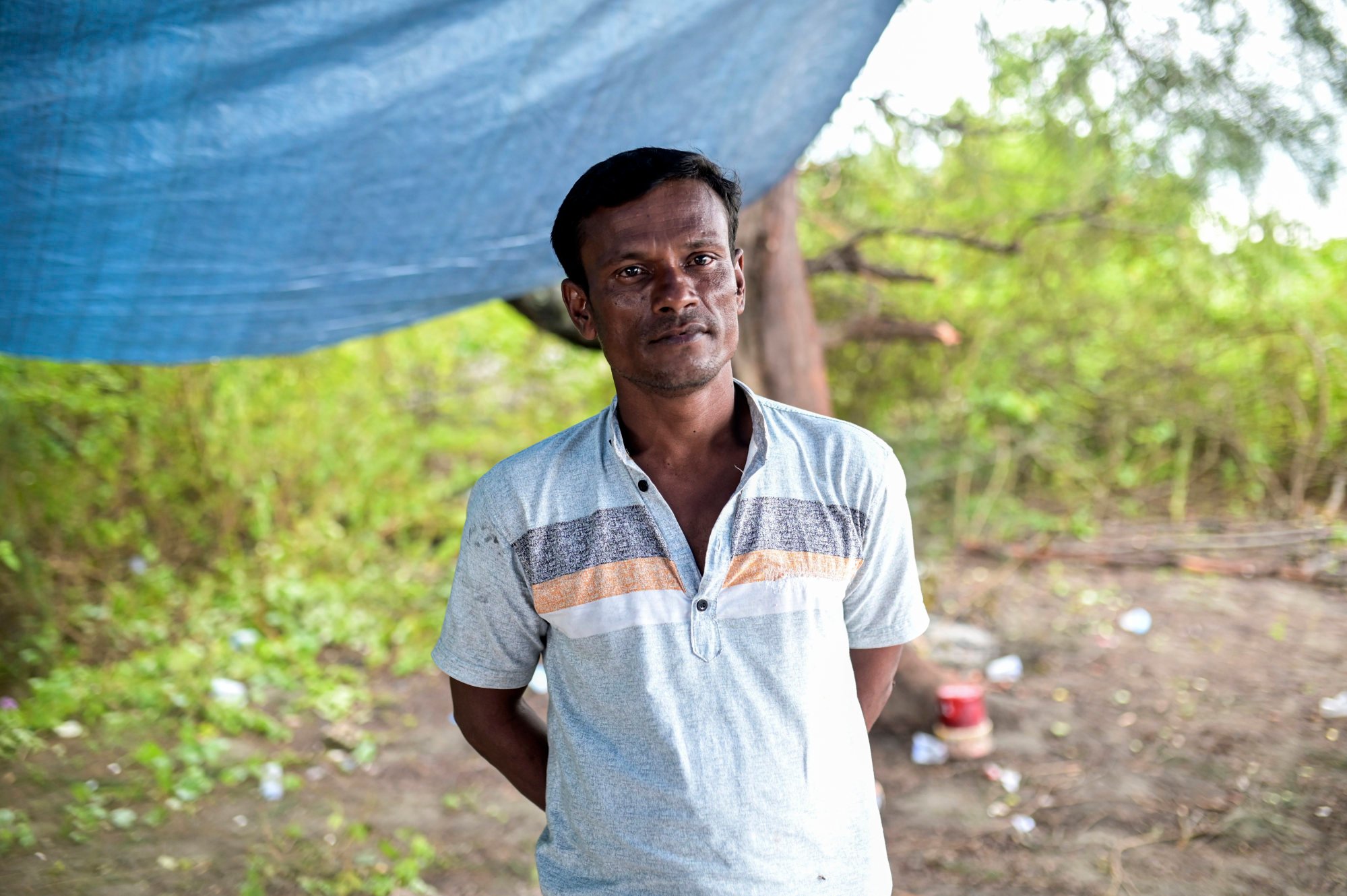
Though they have no idea what their future holds, at least they are alive. They hope the passengers on the other boat are, too.
“I feel very sad for them because we were in the same situation, and now we are safe,” Hussain says. “We are just praying for that boat to find land and for the passengers to stay alive.”
Ann Maymann, the UNHCR’s representative in Indonesia, urged regional governments to launch a search.
“Here you have hundreds of people that are obviously distressed at the best and, at the worst, they are not even distressed any longer,” Maymann said. “Those nations in this region have fully capable and resourced search and rescue capacities.”
The governments of regional countries that Associated Press reached out to either did not respond to requests for comment or said they were unaware of the boat.
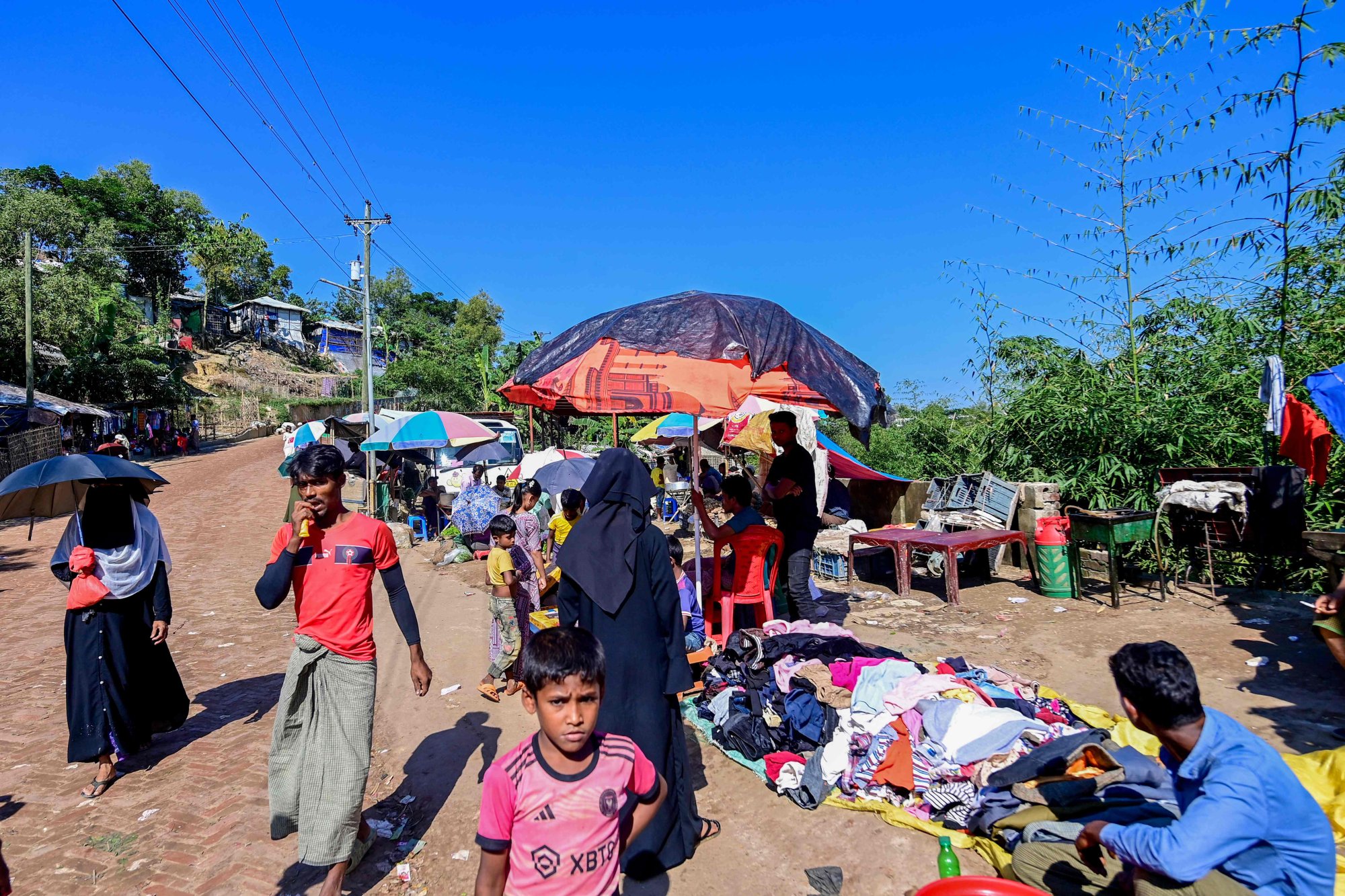
Meanwhile, a familiar feeling of dread has crept into Bangladesh’s camps, which last year mourned the loss of another boat carrying 180 people that an Associated Press investigation concluded had sunk.
Fatima struggles to sleep as she waits for news of Ansar, her brother. One way or another, she says, they just want answers.
One night, she says, Ansar came to their mother in a dream and told her he was on an island.
The family believes he is alive, somewhere.
